Between The Holocaust And Israel: The Jews Jailed On Cyprus
After surviving the Holocaust, trekking the Alps in winter and crossing the Mediterranean in an overcrowded boat, Rose Lipszyc clearly remembers her months incarcerated in harsh British camps in Cyprus.
"After all that, we were back behind barbed wire again," 92-year-old Lipszyc said, speaking 75 years after British soldiers began imprisoning Jews on the eastern Mediterranean island, dark events whose legacy resonates today.
Lipszyc's family, from the Polish city of Lublin, were among the six million Jews the Nazis massacred during World War II.
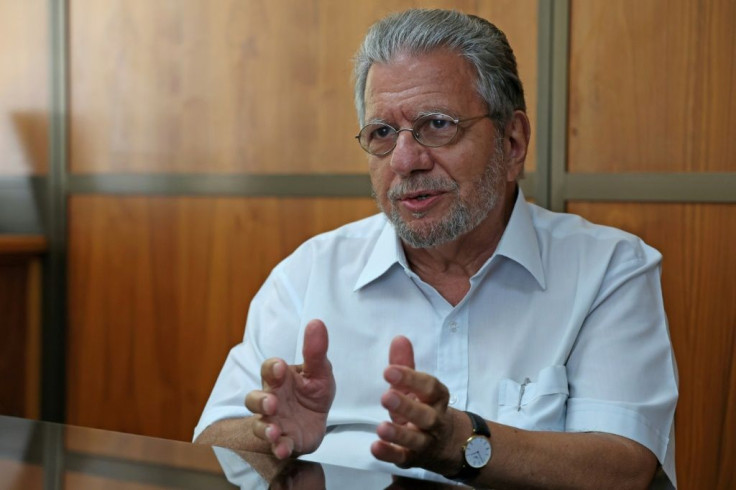
She escaped death using false papers, working as a forced labourer in Germany.
After the war, she walked to Italy. Then, joining an exodus of thousands of traumatised refugees dreaming of a Jewish nation, Lipszyc boarded a rickety boat in Venice bound for British-run Palestine.
"There were 300 of us squeezed into the boat," Lipszyc said. "We were like sardines."
But as the shores of Palestine appeared on the horizon, two British warships powered out.
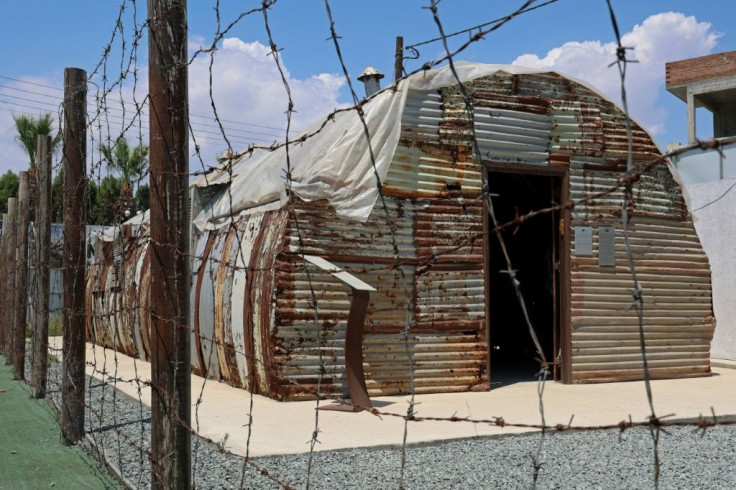
"The English soldiers -- who I would have kissed the feet of for liberating me in Germany -- were leaping into our little boat with batons," she said, her voice trembling.
She was taken 250 kilometres (155 miles) northwest to Cyprus, also then under British rule.
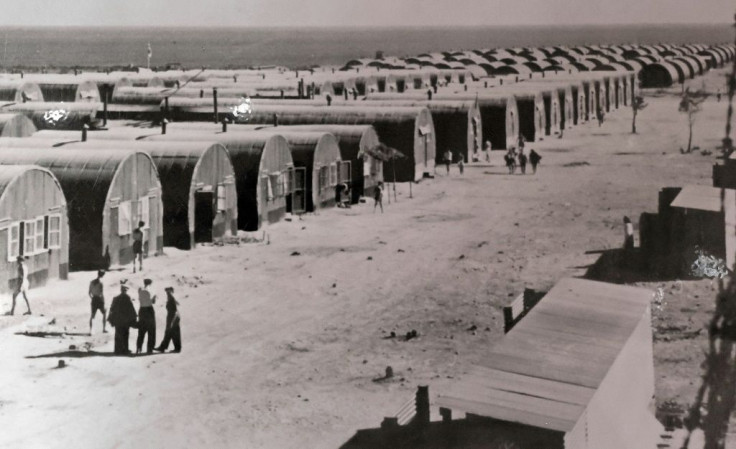
Between August 1946 and February 1949, more than 52,000 Jews taken off 39 boats were detained in a dozen camps in Cyprus, according to Yad Vashem, Israel's Holocaust memorial and education centre.
"The English weren't starving us, and they weren't killing us like the Germans," Lipszyc said. "But it was so traumatic, that the very same people who had freed me just a short time ago now incarcerated me."
The British wanted the cramped camps to be a "deterrent" aimed at "breaking the power of the 'Hebrew resistance movement' in Palestine", Yad Vashem said. More than 400 people died of sickness.
It is a history that Arie Zeev Raskin, chief rabbi of Cyprus, who says several thousand Jews pray at the synagogue each year, wants to "teach to the next generation".
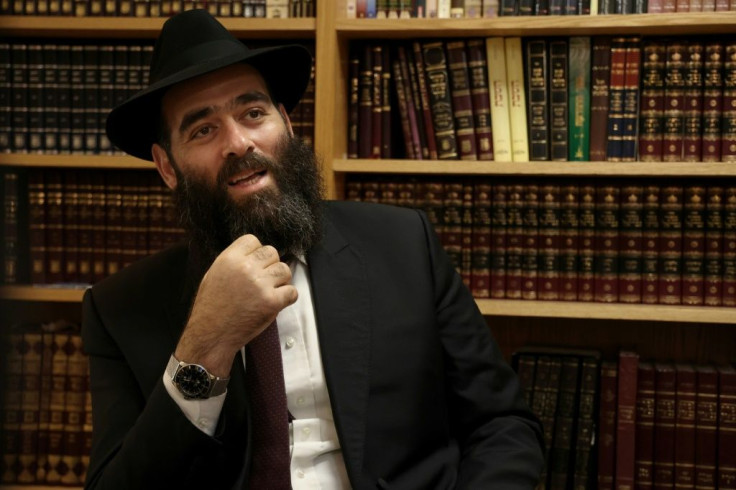
He calls it a "very important piece of the puzzle" between the Holocaust and Israel's foundation in 1948.
When he discovered a farmer using one of the camps' last remaining metal huts as a tractor shed, Raskin made it the centrepiece of the Jewish Museum of Cyprus he is building in the port city of Larnaca.
"The huts were boiling hot in summer, and freezing in winter," Raskin said.
In the camps, some 80 percent were aged between 13 and 35, "among the more spirited and lively survivors of the Holocaust", said Yad Vashem, which added that 2,200 babies were born in the camps.
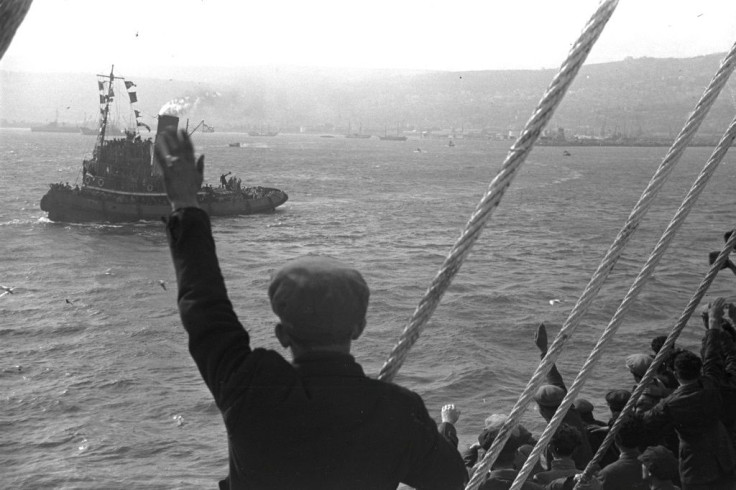
Tally Barash was one of them. "They called me Bat Aliya, meaning 'daughter of the immigration'," 73-year-old Barash said, recalling descriptions of life in the camps by her parents, Jews from Romania. "It was a very hard time."
Barash served as an Israeli soldier during the Six-Day War of 1967 in which Israeli forces overran the rest of formerly British-ruled Palestine, beginning an occupation that continues to this day.
Today, decades after she was born in British detention in a military hospital, she runs a print shop in London, and is proud of her past.
"The museum will help keep memories alive," she said.
Some Cypriots, also resentful of British rule, worked with Jewish militia forces.
Key among them was Prodromos Papavassiliou, who after fighting fascist forces in North Africa with Britain's Cyprus Regiment, was outraged at the camps, his son Christakis Papavassiliou said.
"He risked his life working with underground Jewish groups," said Papavassiliou, a retired honorary French consul.
Prodromos helped hundreds of Jews, hiding those who tunnelled out in orange groves and caves, until he could organise boats to smuggle them away from coves near the now-popular tourist resort of Ayia Napa.
His exploits were dramatized in the 1960 Hollywood epic "Exodus", starring Paul Newman and Eva Marie Saint, while the Israeli port city of Haifa named "Papa Square" in his honour.
Papavassiliou, president of the Cyprus-Israel Business Association, said that past had "helped forge close ties" between the two countries.
The history holds another lesson, with "obvious parallels" to the migrant crisis today, said Eliana Hadjisavvas, of Britain's Institute of Historical Research, while acknowledging the "contextual differences" too.
"The history... reminds us that in the face of persecution and suffering, people will endure huge sacrifices in search of safety," said Hadjisavvas, who is writing a book on the camps.
"As nation states continue to grapple with the political management of migration, draconian measures and detention centres have increasingly become a defining feature of contemporary responses."
Lipszyc finally reached Palestine "just a week or two" before Israel's May 1948 declaration of independence, and war erupted again.
Later, she moved to Canada, where the great-grandmother of four offered her life advice to AFP, speaking from Toronto.
"If you could live through what I lived through, then you would see that hate does not help you in life," she said. "Hate only destroys."
© Copyright AFP 2024. All rights reserved.





















